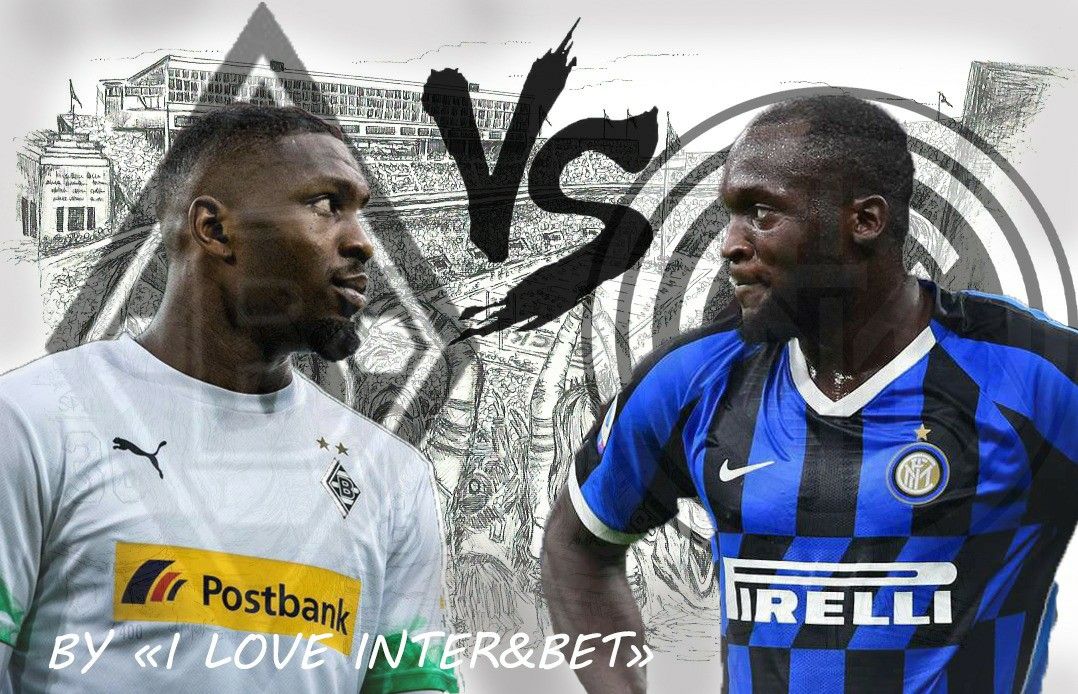The dust has settled on a tumultuous 2024-25 season for Inter Milan, leaving a trail of shattered expectations and poignant `what ifs.` After coming agonizingly close to a Serie A title and suffering a disheartening 5-0 defeat in the UEFA Champions League final against PSG, the Nerazzurri`s campaign culminated in an early exit from the Club World Cup. Such an outcome naturally demanded decisive action, and Inter`s response was as dramatic as it was unexpected: a complete overhaul of the technical leadership.
Former manager Simone Inzaghi, despite delivering a Scudetto and guiding the team to two Champions League finals during his four-year tenure, found himself parting ways with the club, ultimately joining Al-Hilal. The Nerazzurri faithful are now left pondering the implications of a dramatic shift in leadership, as the club embarks on the 2025-26 season with a new, relatively unproven figure at the helm.
The Chivu Conundrum: A Return to Roots with a Modern Twist
Enter Cristian Chivu, a name synonymous with Inter`s glorious past, but a relative novice in the cutthroat world of top-tier management. The former 2010 Champions League winner, who previously honed his coaching craft within Inter`s youth system before a brief 13-game stint in charge of Parma, has been tasked with steering the Serie A giants back to glory. One might almost commend the audacity of replacing a manager who reached two Champions League finals with one whose senior club experience spans a mere thirteen games. Almost.
The decision to appoint Chivu stems from a clear desire within the club`s hierarchy, particularly from Sporting Director Piero Ausilio and President Giuseppe Marotta, to foster a closer relationship with young talent. This inclination initially led them to pursue Como manager Cesc Fabregas, known for his work with developing players. When that avenue closed, Chivu, with his deep understanding of Inter`s academy and an existing rapport with club directors, emerged as the frontrunner. His swift appointment ahead of the Club World Cup offered little time for impact, leaving the true measure of his influence yet to be seen.
A Revolution Deferred: Squad Concerns and Transfer Market Puzzles
The doubts surrounding Inter`s impending season extend beyond the managerial change. The «revolution» many anticipated in the playing squad, especially regarding its aging core, appears to have been largely deferred. Key defensive stalwarts like 33-year-old Stefan de Vrij and Francesco Acerbi, who will turn 38 next year, remain integral to the team`s structure. Can these experienced, yet undeniably aging, defenders maintain the requisite intensity and consistency across what promises to be another long and demanding season?
The club`s transfer strategy further amplifies these concerns. With only weeks remaining before the transfer deadline, Inter`s focus has seemingly shifted towards securing an attacking player and a midfielder, rather than addressing the glaring need for defensive rejuvenation. This approach came under particular scrutiny after Inter notably missed out on 18-year-old talent Giovanni Leoni, who subsequently moved to Liverpool for a reported $30 million. It seems the spirit of youthful rejuvenation only extends so far – perhaps just to the coaching bench, not necessarily the actual playing field.
«The club`s purported pivot towards youth development, seemingly embodied by Chivu`s appointment, appears somewhat inconsistent with their current squad planning.»
Despite weeks of reported negotiations, an agreement with Atalanta for Nigerian striker Ademola Lookman has yet to materialize, fueling growing anxiety among the fanbase. While the quest for immediate attacking reinforcements continues, a singular beacon of youthful promise emerges: Francesco Pio Esposito.
The Esposito Factor: A Glimmer of Hope from the Academy
Young striker Francesco Pio Esposito, a product of Inter`s academy whom Chivu coached personally, has already made an impact, notably scoring a decisive goal against River Plate in the Club World Cup. Chivu`s personal investment in Esposito is evident; he actively advocated for the striker to remain at the club, despite numerous offers from Italian and European teams, indicating a willingness to entrust him with a significant role.
This commitment to Esposito could be the most tangible evidence of the club`s new direction, offering a compelling narrative of youth given a chance to shine under a coach who knows their potential intimately. It represents a potential return on investment in the academy, a critical element often overlooked in the high-stakes world of elite football.
The Road Ahead: Uncertainty and Anticipation
As the Serie A season looms, kicking off against Torino on August 25th, Inter Milan finds itself at a peculiar juncture. The appointment of Cristian Chivu, a symbol of past glory yet a paradox in present managerial experience, represents a significant gamble. Coupled with an ambiguous transfer market strategy that prioritizes immediate needs over long-term defensive solutions, the Nerazzurri are treading a fine line between innovation and inertia.
The upcoming campaign will not merely be about securing points; it will be a referendum on a new philosophy, a test of faith in an untested leader, and a stark examination of the club`s strategic foresight. Will Chivu`s deep understanding of the club`s ethos and his rapport with young talents like Esposito catalyze a resurgence, or will the inherent risks of this bold new direction prove too great? Only time will tell if Inter Milan`s latest gamble pays off, or if the ghost of the previous season`s disappointments continues to haunt the San Siro.

